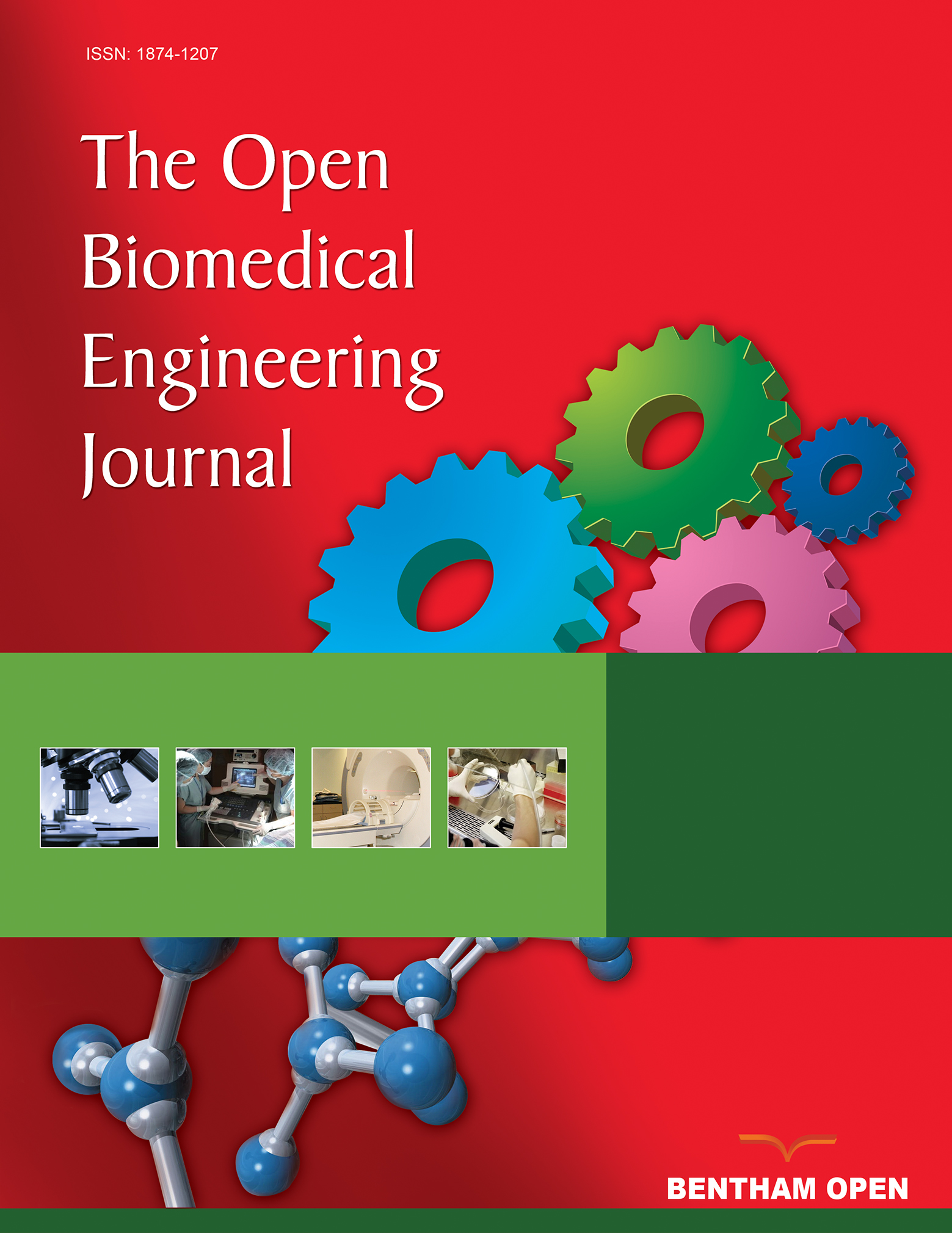All published articles of this journal are available on ScienceDirect.
Novel Digital Filter Design for Noise Removal in Fetal Ecg Signals
Abstract
Background:
In Maternal and Fetal Health care research, it is necessary to analyse both Maternal Electrocardiogram (ECG) and Fetal ECG(FECG) for analysing the health status of the mother and fetus. Noises are nothing but the presence of interferences due to the powerline, motion artifacts, electromyogram and baseline wander during ECG measurement. In this scenario, the cardiotocography (CTG) signal plays a vital role in the measurement of FECG, which includes Fetal Heart Rate (FHR) and Uterine Contractions (UC). In the FECG signal, it is necessary to filter the noises present to have an accurate classification of the fetus condition. In recent literatures, Infinite Impulse Response (IIR), Finite Impulse Response (FIR) and Adaptive filters are predominantly used for noise removal in FECG signals. Still now, achieving a high Signal-to-Noise Ratio (SNR) is a major challenge in noise removal in biomedical signal processing. Motivated by the above-said issues, in this work, a novel filter design named AdaptIIR Filter is proposed to improve the SNR value.
Methods:
In the proposed design, an adaptive filter is convolved with the IIR filter; the resultant is again convolved with the Chebyshev filter to improve the filtering response of the system. The system performance has been evaluated based on the signal-to-noise ratio and power of the FECG signal.
Results:
The experimental results have also been compared with the state-of-the-art filters, and it is observed that the proposed filter design achieves high SNR and signal power of 39.92dB and -100dB, respectively.
Conclusion:
Filtering operation plays a very important role in the noise analysis of biological signals for better accuracy. In the order of 5, the filter has shown to have the best result in terms of SNR and average power of the signal.


